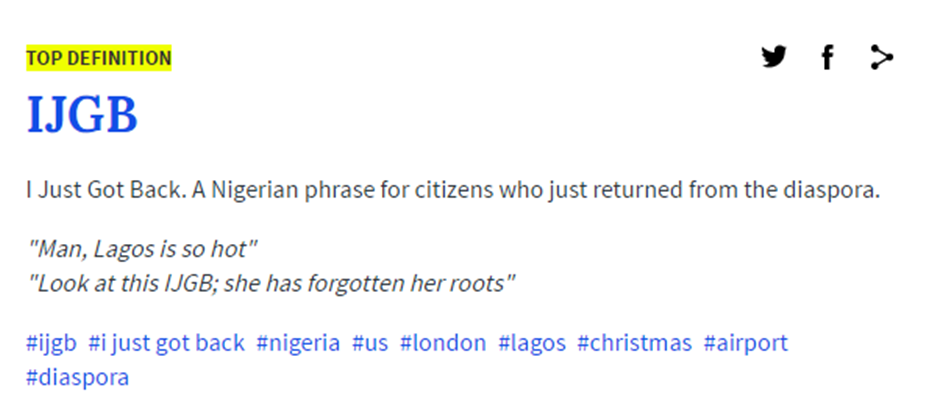The Migos’ love affair with Nigeria is about a month old now – they came down to Lagos in December, gave an epic performance and even shot the music video for “Call Casting” on their way out. But it’s the group’s performance of their chart-topping smash “Bad and Boujee” that everyone is still talking about.
Before “Bad and Boujee” the trap-rapping trio from Atlanta had experienced some crossover success – “Versace” birthed several remixes on the internet and even more knock-off tee shirts on the streets, while at the height of the dab craze in 2015, “Look at my Dab” infiltrated the country and became a permanent feature on many DJ’s 10-15 minutes trap music sets. But those sets were more common in the swankier nightclubs, you simply weren’t going to hear “Look at my Dab” while partying at Villa Tuscana in Abakaliki at 11:00PM.
The Migos helped to start the dab wave in 2015 but they were also important parts of a different type of movement the year after – meme rap; where a section of a song is amplified and turned into a viral phenomenon with the spread of memes on social media. A number of popular records have become proper hit songs in this way, especially in the last couple of years. A lot of the time, the marketing is organic – one Twitter user to another Twitter user until the constant retweeting makes a phrase or a meme a monster – but there’s also proof that record labels hire social media consultants to induce social media campaigns. After a slow start in October, “Bad and Boujee” benefited from being meme-ed heavily around the end of the year and the record is now number 1 in the United States.
But neither the memes nor the music took root in Nigeria immediately, the Internet space was already preoccupied with a viral movement created by another Atlanta rap group – Rae Srummerd. Everybody and their mother was doing the mannequin challenge and “Black Beatles” became the unofficial soundtrack. However, just as the momentum of the mannequin challenge was beginning to wane, this happen.
The rattle of the bass, rap stars from faraway Atlanta bouncing in front of a crowd that probably knew more words in “Bad and Buojee” than in their national anthem – there’s something magical about the Migos’ performance. The press in the US took notice too, one OAP even wondered how Nigerians who ‘didn’t know how to speak English’ were able to sing along. Such ignorance.
That moment was very special but it was also misleading – the whole country wasn’t vibing to the Migos’ “Bad and Buojee”, not even close. Without a viral gimmick like “Black Beatles”, a dance move like “Look At My Dab” or a Drake feature like “Versace”, “Bad and Boujee” would have to be imported into the country by a special group of people. That group is known as the IJGB’s and they were largely responsible for the rise of the song in Nigeria.
 Why are they special? Well, because they are not an accurate representation of the people you’ll find on Lagos Island, never mind the rest of the country. A number of the concert-goers were young students on winter break, who would return from whence they came a few weeks later.
Why are they special? Well, because they are not an accurate representation of the people you’ll find on Lagos Island, never mind the rest of the country. A number of the concert-goers were young students on winter break, who would return from whence they came a few weeks later.
You see what happened in December is that rare moment when lightning strikes twice or when you finally win an argument with your wife or when a politician actually speaks the truth. Having spoken to several people present at the concert, I found out that a lot of those in attendance were IJGB’s from the US who brought their musical preferences, acquired tastes and American accents along with them. They were already familiar with the record but seeing that video was the first time most other Nigerians had ever heard of “Bad and Boujee”. If Migos were to perform “Bad and Boujee” or indeed any of their records in any other part of the country at any other time in the year, the response would have been very different.
The rest of the country seems to be catching up now though. “Bad and Boujee” impacted the PlayData radio charts 2 weeks ago, almost 3 months after it was first released and nearly a month after the trio’s epic performance in Lagos. The song may be number 1 in the US but has to make do with being number 52 over here, for now. I have no doubt in my mind however that the record will continue to rise as the trio’s love affair with Nigeria deepens and becomes less of a surface phenomenon.


